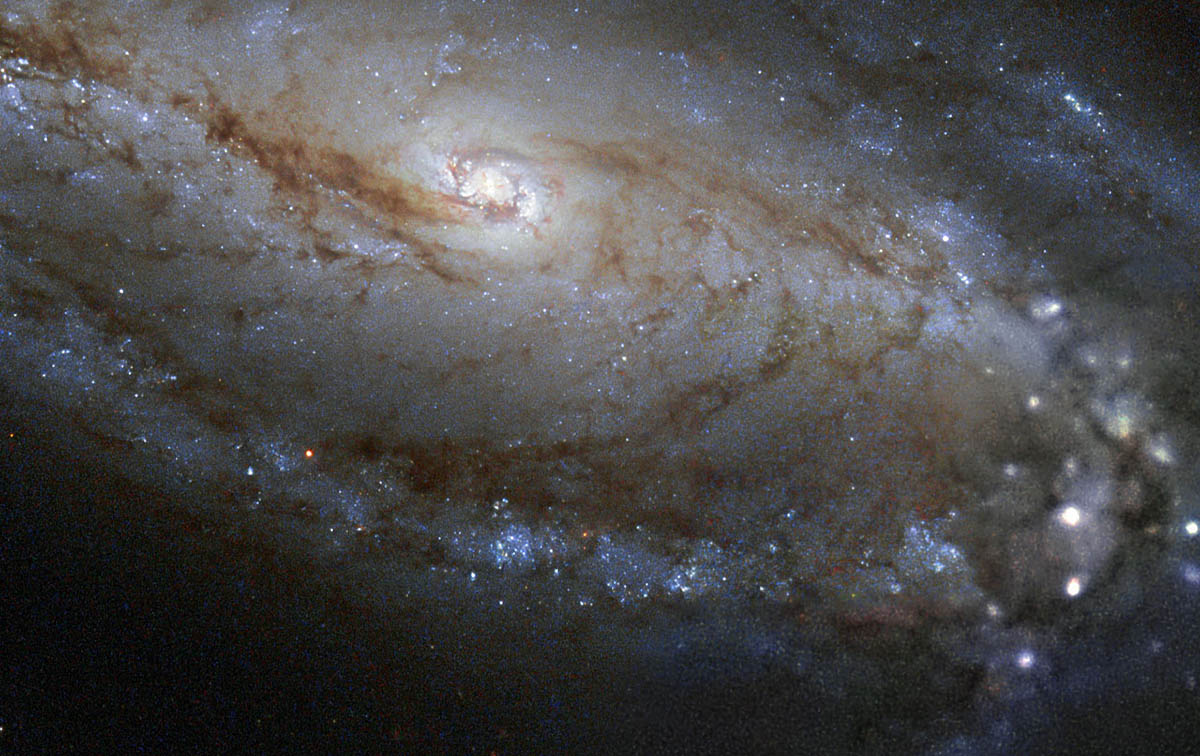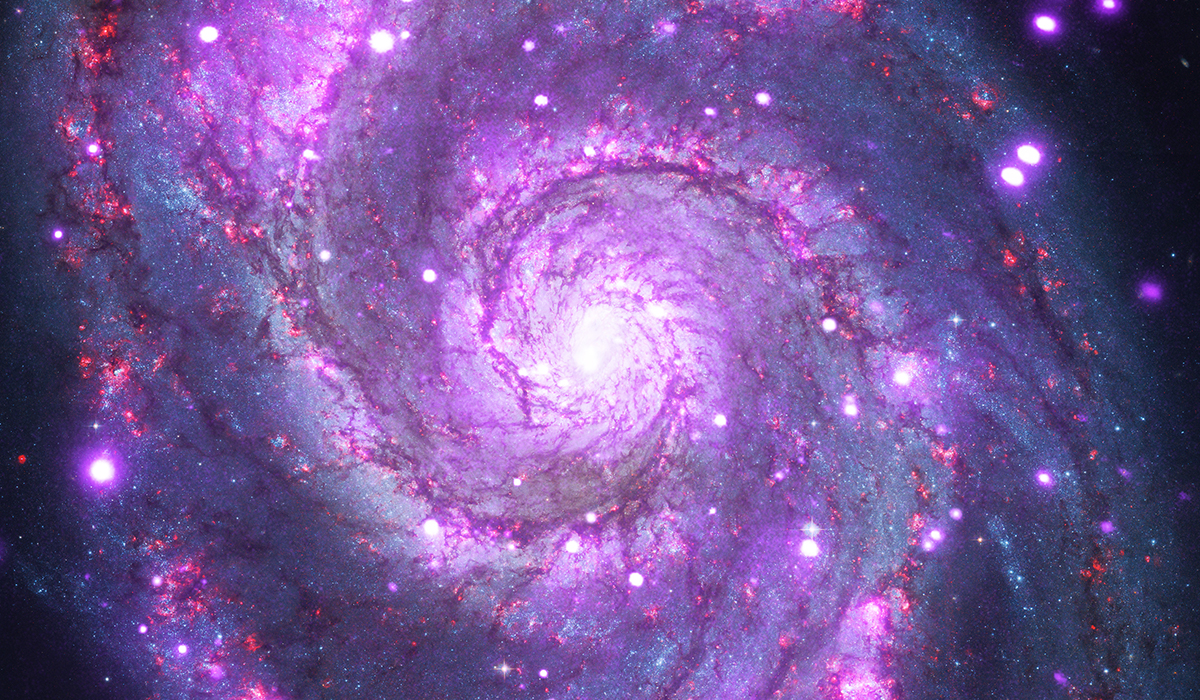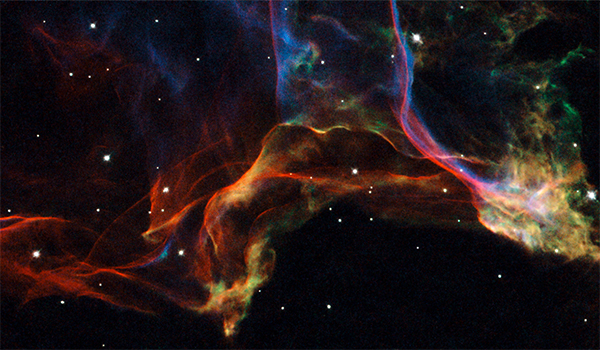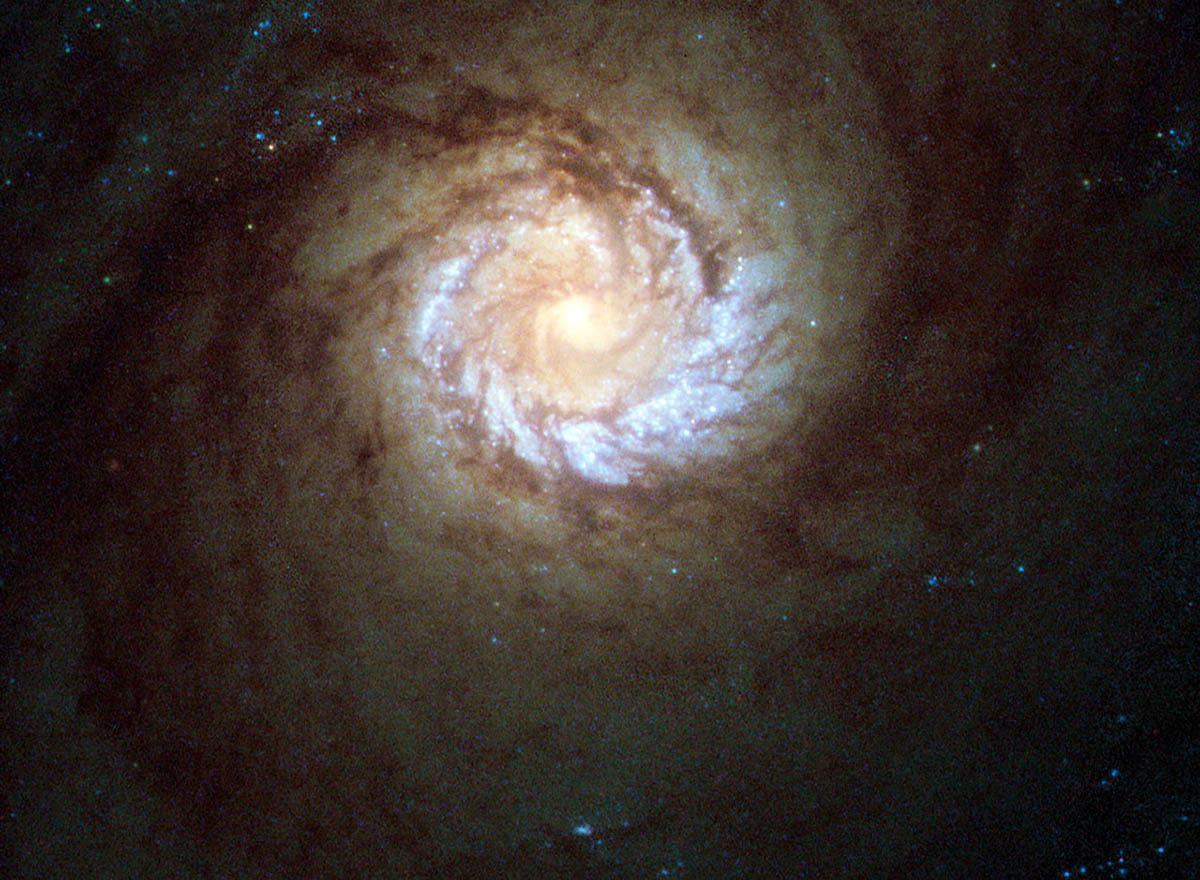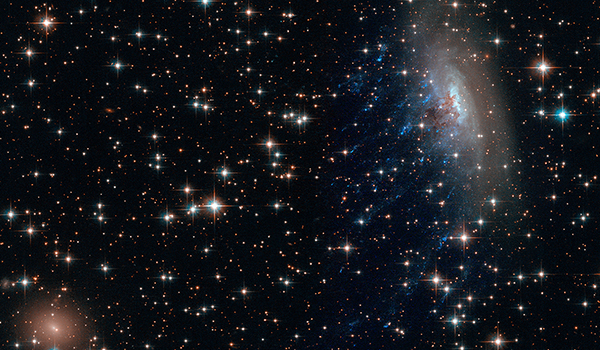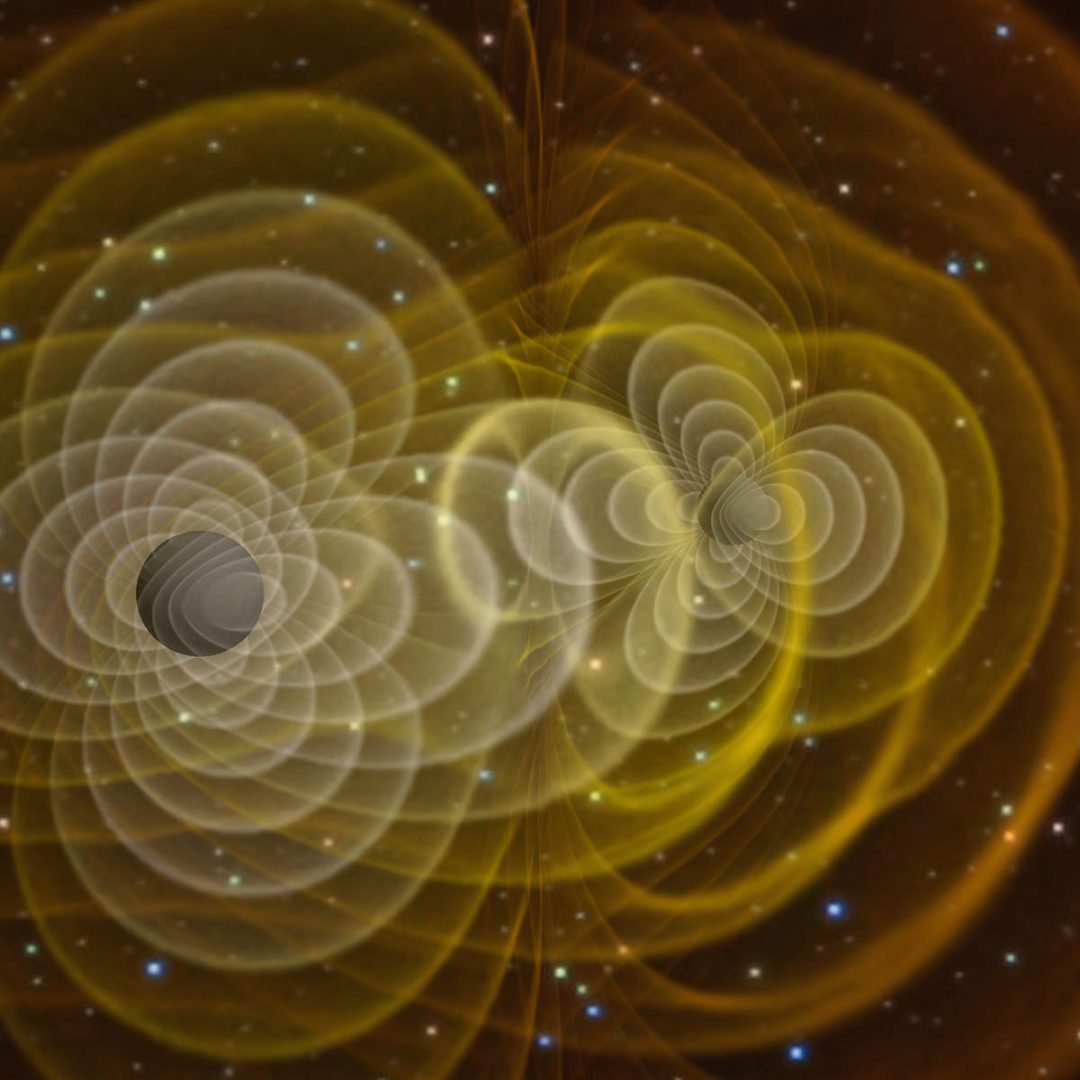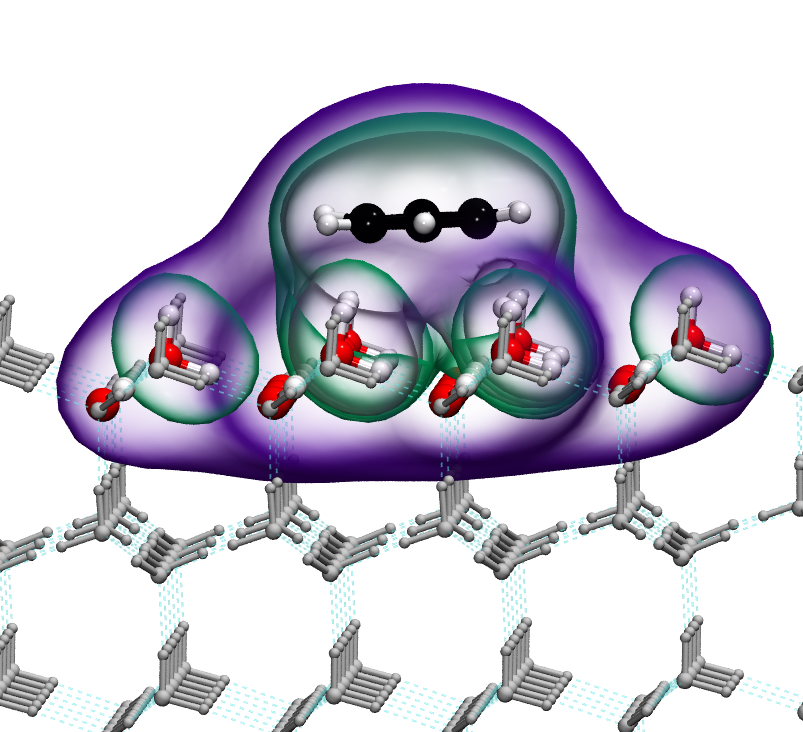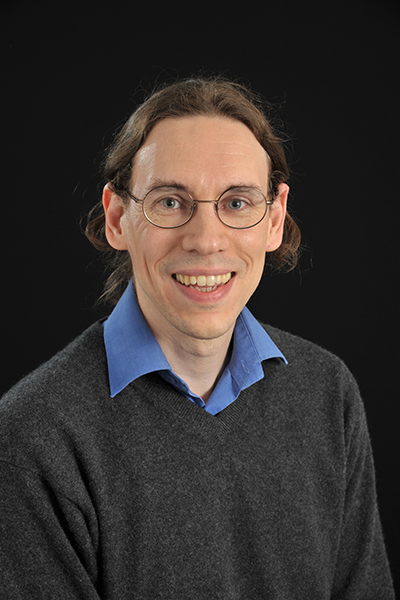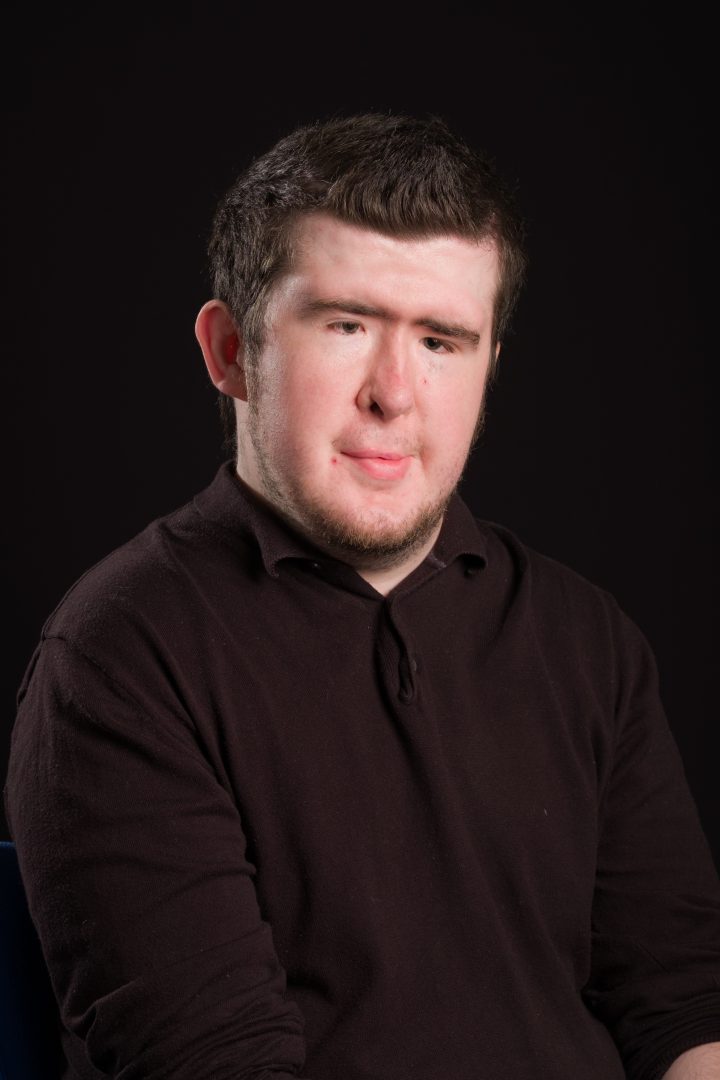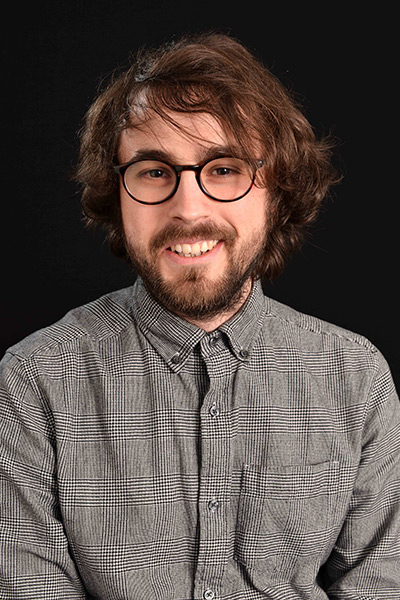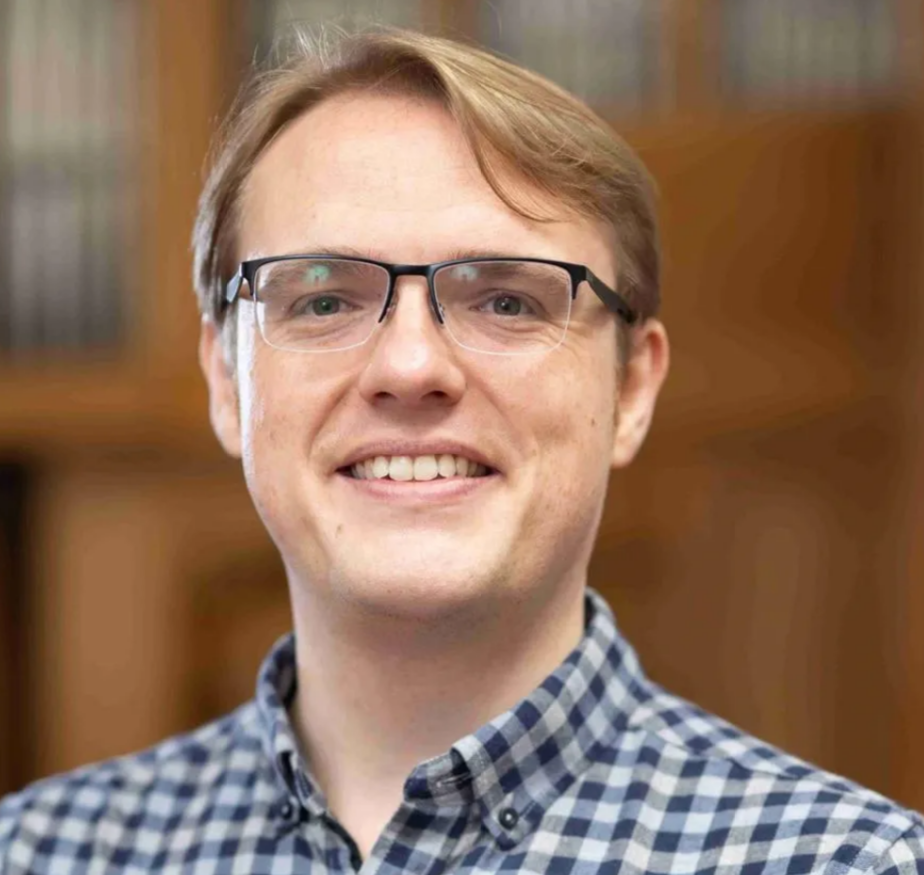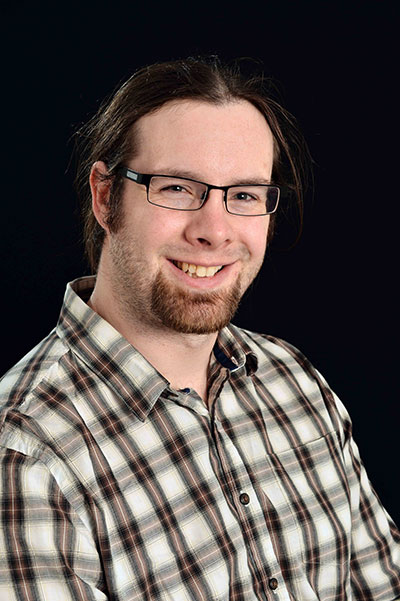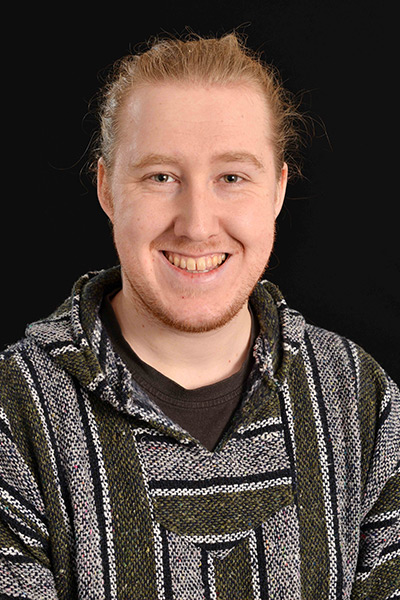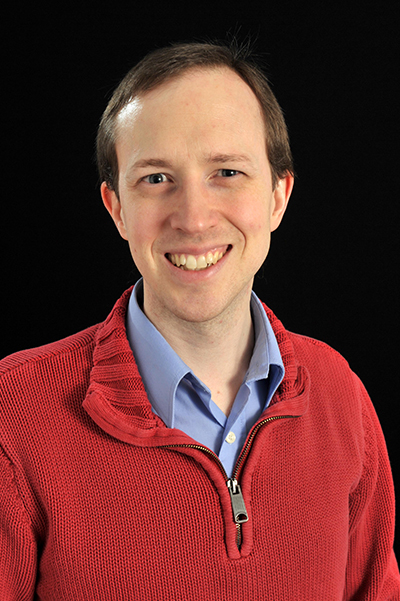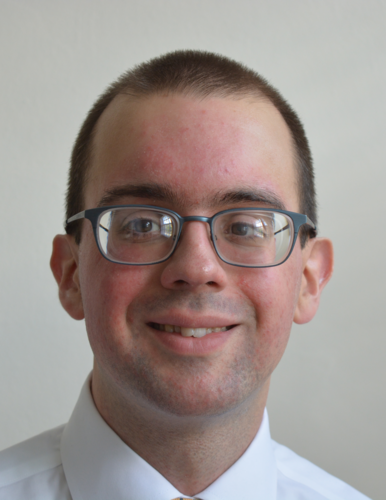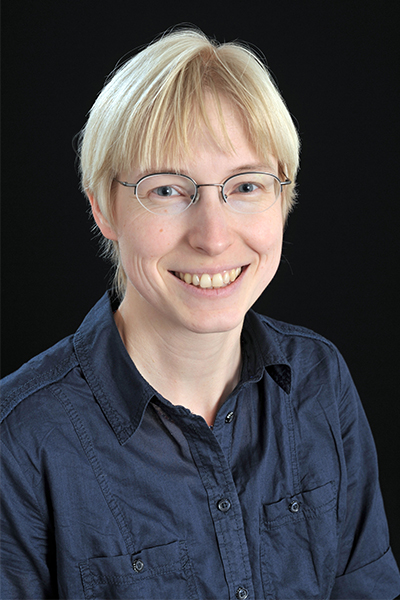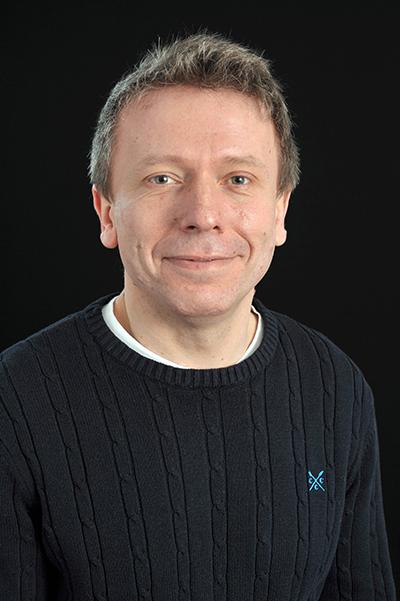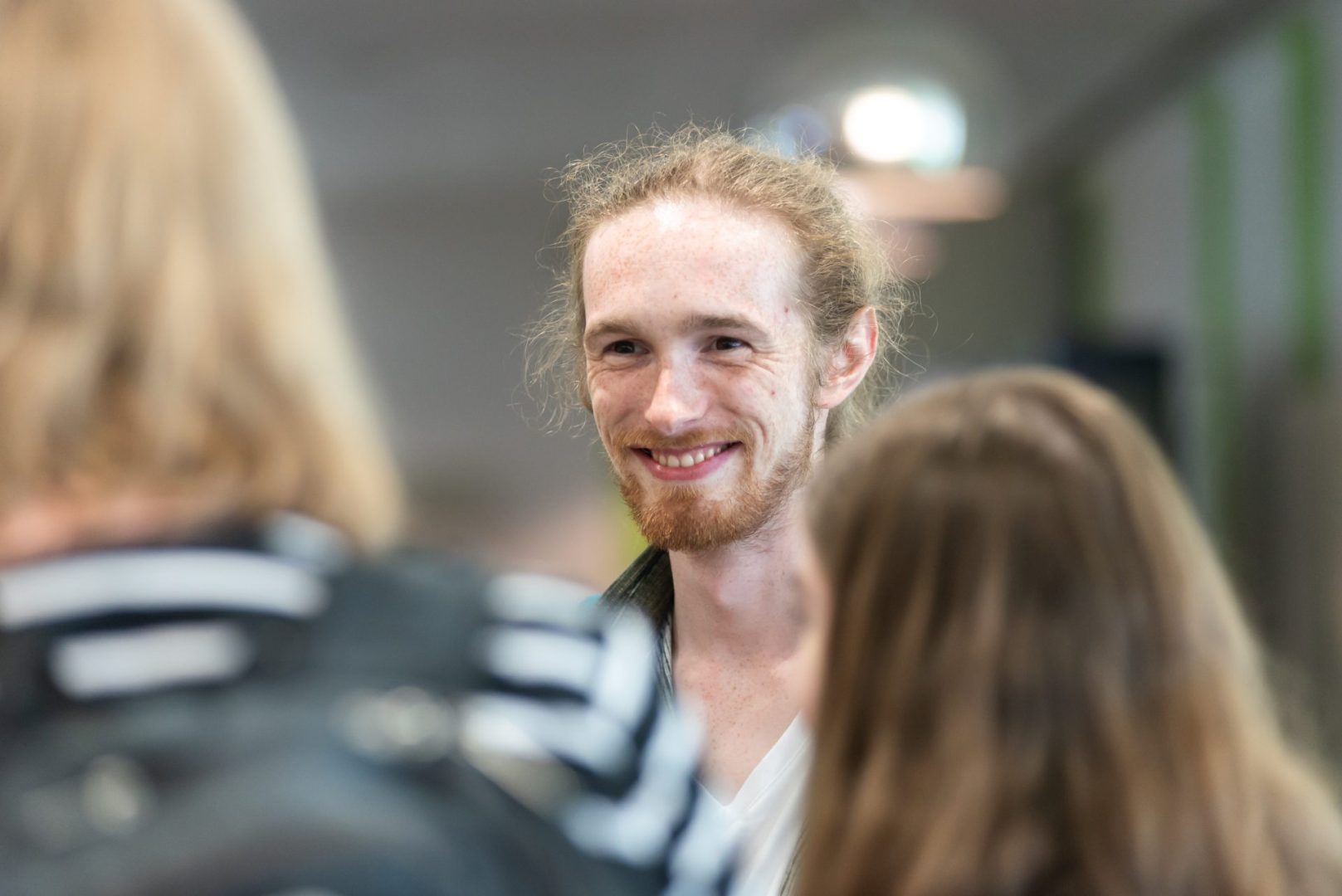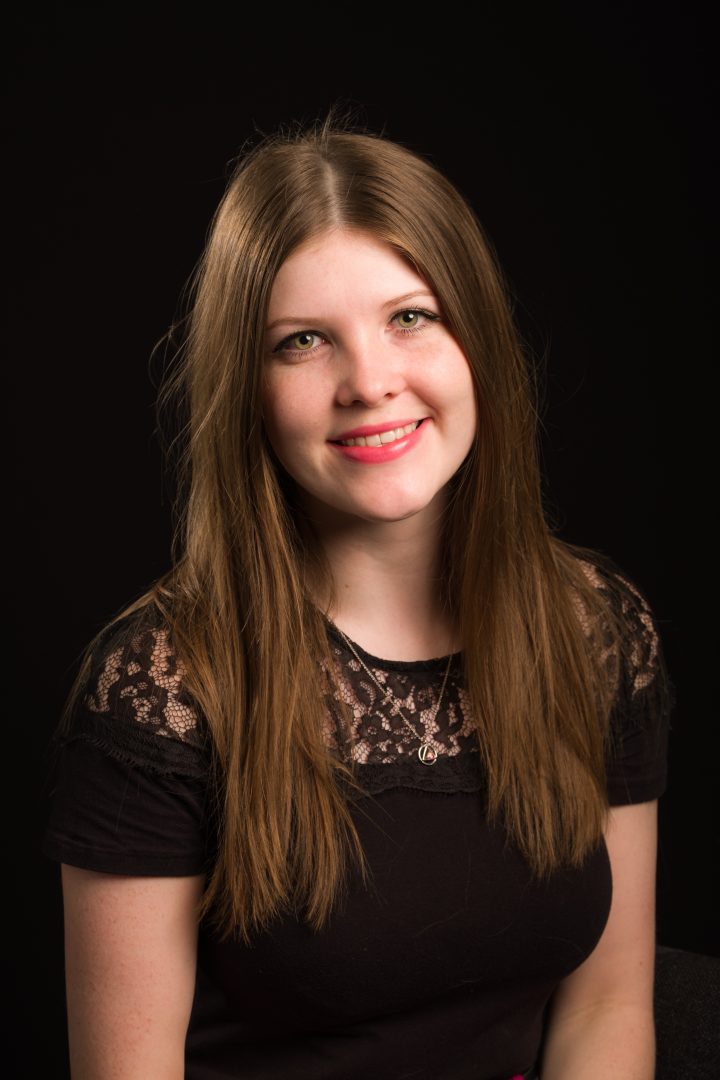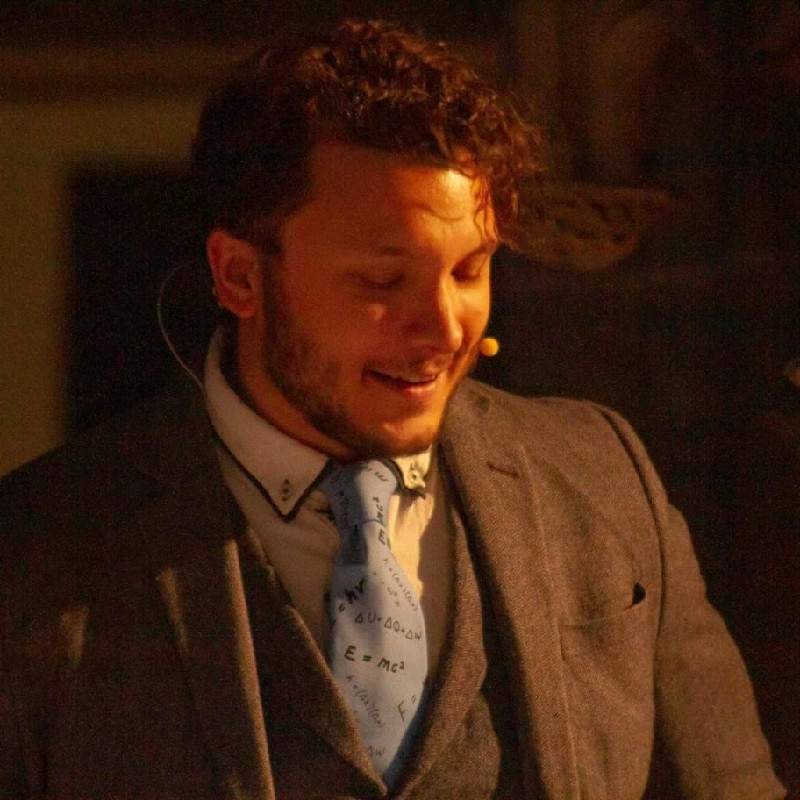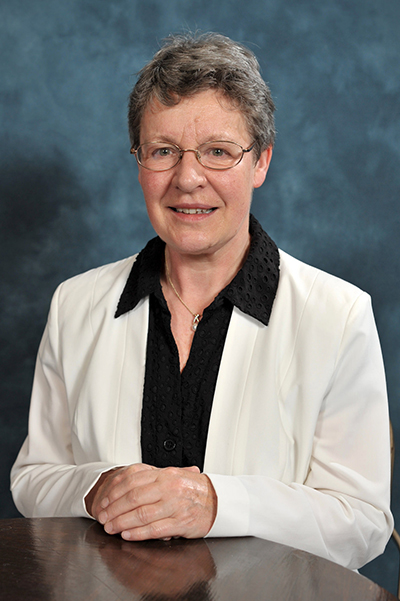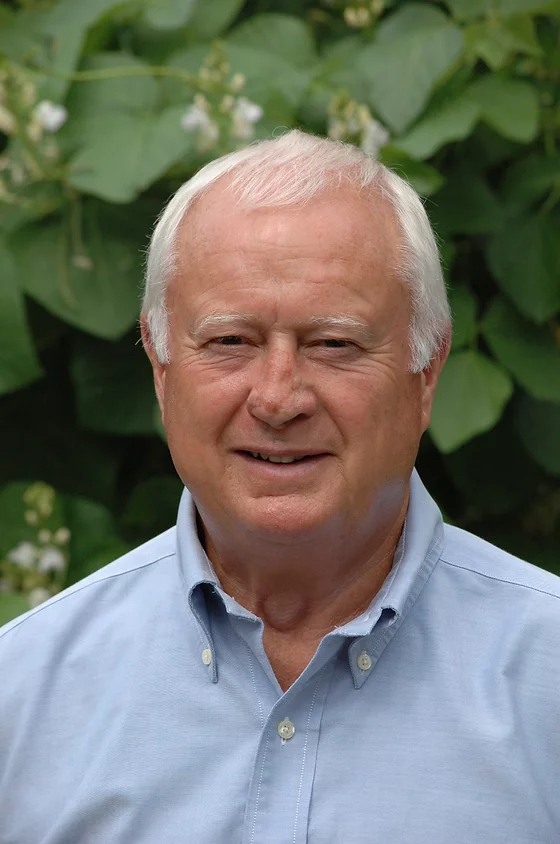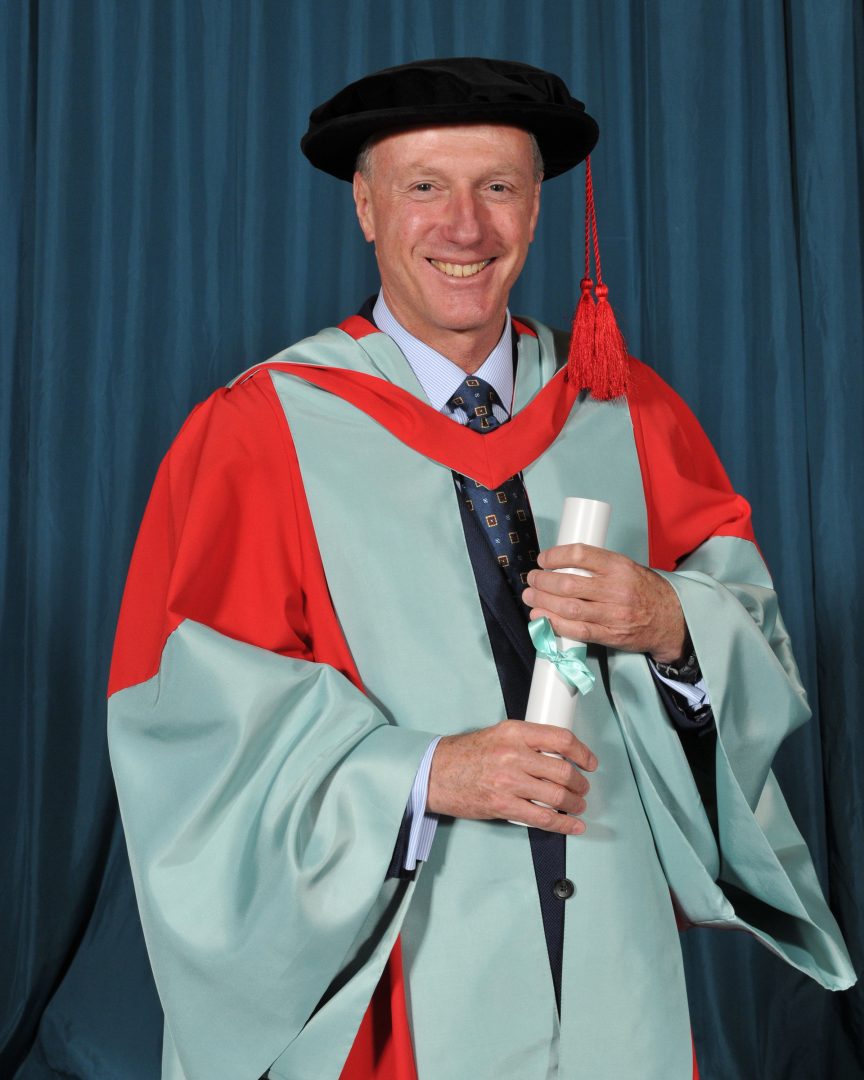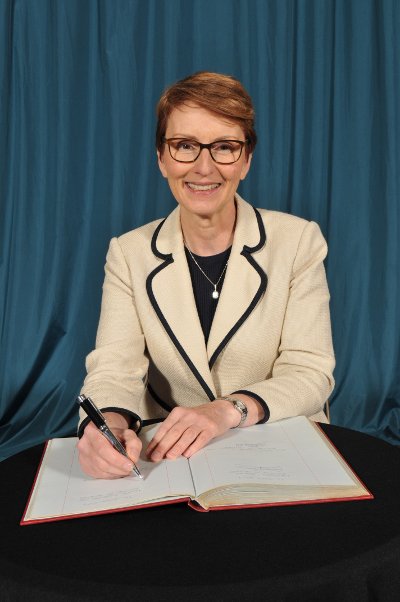E.A. Milne Centre
for Astrophysics
The Milne Centre for Astrophysics at the University of Hull brings together experts that study the evolution of structure in the Universe ranging from stars through to galaxies and galaxy clusters, right up to the largest structures in the cosmos. We employ observations, theory and computational methods in collaboration with our international partners. Postgraduate and undergraduate students work alongside staff to understand the wonders of the Universe. In our outreach activities we share our passion for astronomy and astrophysics with the region and beyond.
Our latest news
Upcoming events
Milne 10th Anniversary conference
The E.A.Milne Centre for Astrophysics at the University of Hull are approaching their 10th anniversary and are hosting a conference to celebrate the event. Find more details about the conference including registration, arriving to the conference, and code-of-conduct on this page. Read morePhysics Teacher Masterclass – Frontiers in Physics 2026
Wednesday 4th March 2026, 9:30am - 3:30pm MR3, Allam Medical Building, University of Hull (Arrival & Registration) This is a one-day CPD event organised by the Department of Physics & Astrophysics at the University of Hull for A level Physics teachers in Yorkshire, Lincolnshire... Read moreEngage with us
Schools, groups and the public
The E.A. Milne Centre is more than just a research institute – we are regional education partners. We share our passion for astronomy, physics, and science in general in visits to schools, astronomy societies, and events on campus and elsewhere. We can provide targeted lectures on astrophysics, physics and studying at university, hands-on activities, and our mobile planetarium, as well as hosting school students for summer internships. Interested? Please contact us on Physics-Outreach@hull.ac.uk to discuss what we can do for you.
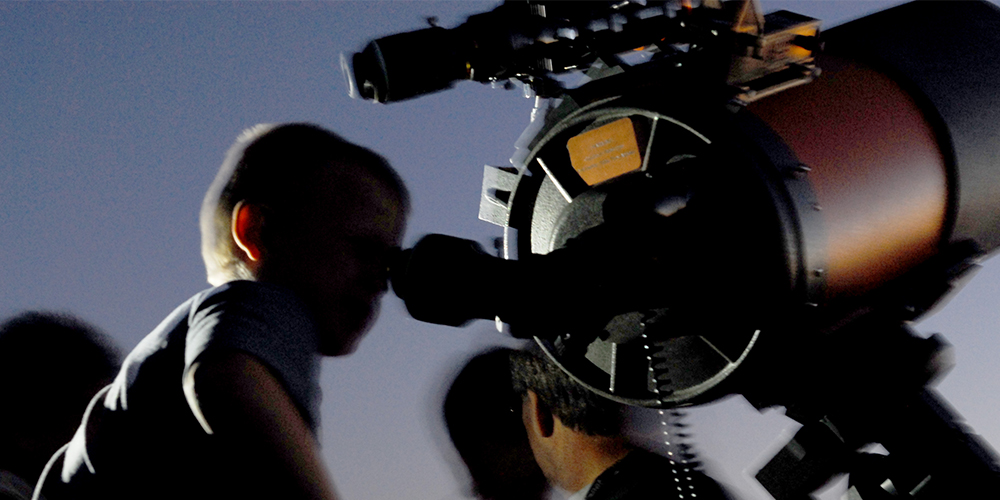
Study with us
Information for prospective students
At the University of Hull, we offer BSc and MPhys degrees in Physics, Physics with Astrophysics, and Physics with Theoretical Physics, all with the option of a Foundation Year entry.
Astrophysics applies many areas of physics in a special context: you will study classic physics topics such as mechanics, quantum physics, relativity, and optics alongside specialised astrophysics topics, e.g., stars, galaxies, and black holes. In your final year project, you work alongside our staff on astrophysics research questions. At Hull, we work with you throughout your degree as a colleague and a collaborator – in other words, you are not simply a ‘student’ to us – you are a partner with us on an amazing, enjoyable, journey.
Work with us
Joining the Milne Centre
Are you interested in joining the Milne Centre as a postdoctoral researcher? Currently we are inviting Expressions of Interest for the Ernest Rutherford Fellowships 2025.
Academic staff
Postdoctoral researchers
Research students
Honorary Fellows
Edward Arthur Milne(1896-1950) Mathematician, Astrophysicist, Cosmologist
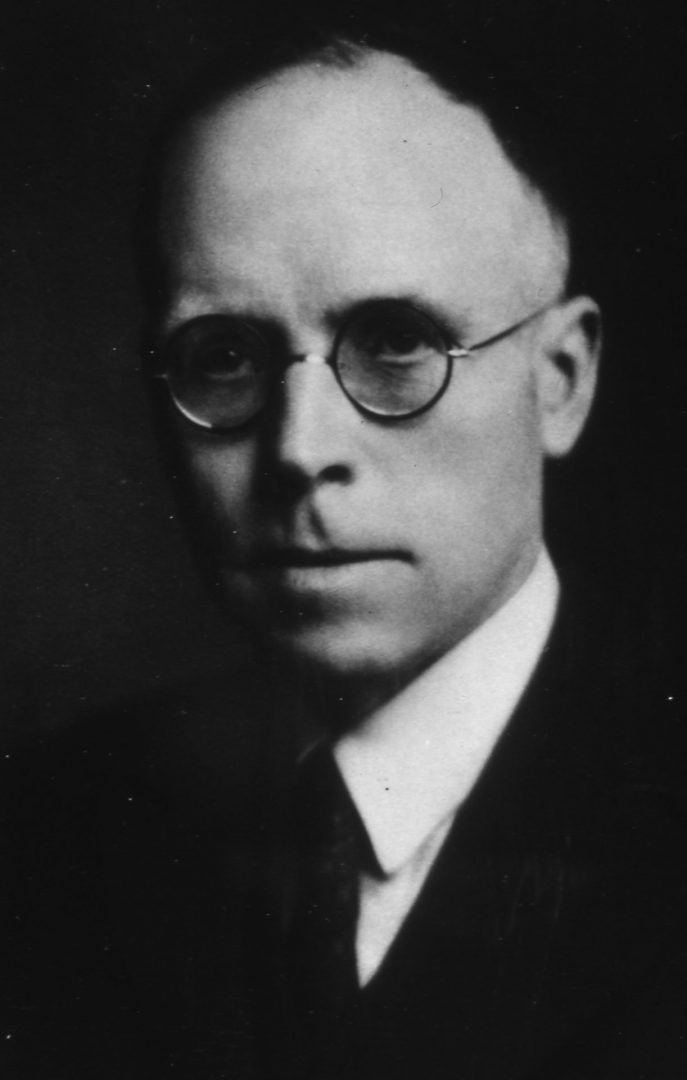
The E.A. Milne Centre for Astrophysics is named in honour of the Hull-born physicist and mathematician Edward Arthur Milne.
Milne was a truly prolific researcher; amongst his many discoveries, the most groundbreaking were his insights into the inner structure and atmosphere of stars. His work on cosmology also paved the way for the our modern understanding of the history and evolution of the Universe.
Arthur, as he was known, also made a significant contribution during the First World War, when he was part of a highly skilled group of mathematicians who developed a technique that enabled anti-aircraft and naval guns to accurately target Zeppelin bombers.
The cutting-edge research continues at the E.A. Milne Centre in his legacy.
E. A. Milne Centre for Astrophysics
Background image: Galactic Outflow courtesy of ESA/ATG medialab
Accessibility | Freedom of information | Privacy and cookies | Terms and conditions
